The Burundian army has dismissed reports claiming that its troops are withdrawing from the eastern Democratic Republic of Congo (DRC), labeling them as “fake news.” In a statement issued Tuesday, Army Spokesperson Gaspard Baratuza refuted allegations circulated by Reuters and amplified on social media, asserting that Burundian soldiers deployed in the DRC continue to fulfill their duties in their assigned areas of responsibility.
“Contrary to the statements circulated by Reuters and relayed on other social networks, Burundian soldiers deployed in DR Congo continue to carry out their missions in their areas of responsibility. No one should give importance to the fake news being spread here and there,” said Baratuza in a post on X.
The denial follows a report by the British news agency Reuters earlier on Tuesday, citing a Burundian army officer and U.N. officials, which claimed that Burundian troops were pulling out of eastern DRC after the fall of Bukavu to the M23 rebels. According to Reuters, “A number of trucks filled with military arrived in [Burundi] since yesterday” through a border post, as said by an unnamed Burundian army officer.
Burundi’s deployment in the DRC is a result of military cooperation between the two nations, known as Task Force (TAFOK).
Burundi has been collaborating with the Congolese army to combat various armed groups, including M23 rebels, who are allegedly backed by Rwanda. The movement has intensified its offensive in recent days, capturing several strategic cities, including Goma and Bukavu, escalating the conflict and displacing thousands of civilians.
Earlier this year, during his New Year’s address to the Diplomatic and Consular Corps accredited to Burundi, President Evariste Ndayishimiye defended the presence of Burundian soldiers in the DRC.
“I proposed a plan, and the region decided to deploy a regional force, not only to protect Congolese civilians but also to combat foreign armed groups. That is why Burundi is present in the DRC. We are acting in line with a regional vision. When we arrived in South Kivu, you witnessed it—peace and security were restored. We initiated a reconciliation process among Congolese communities. To this day, it remains calm,” Ndayishimiye said.

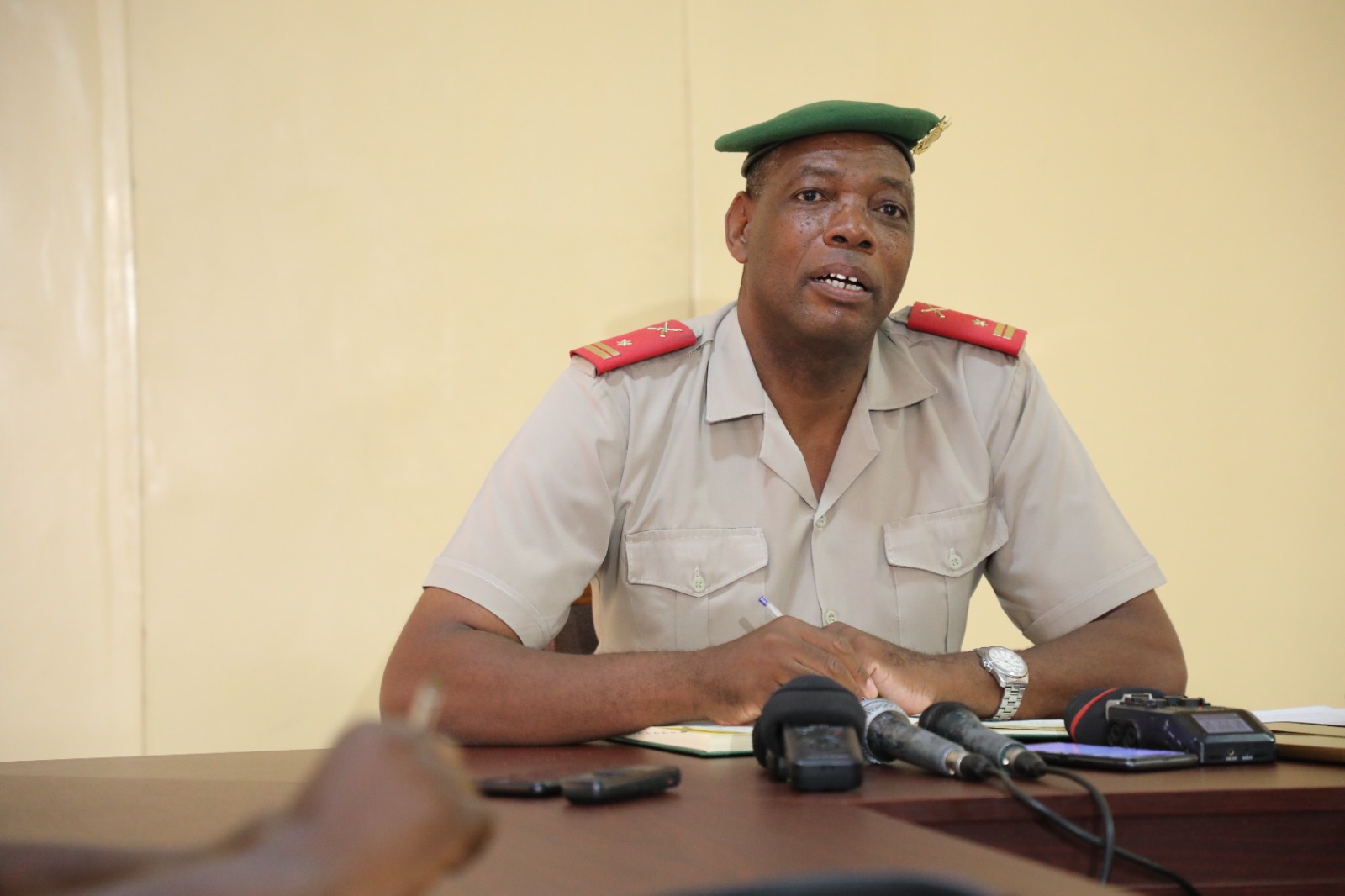
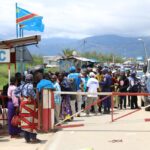
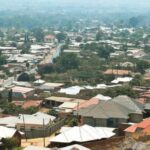
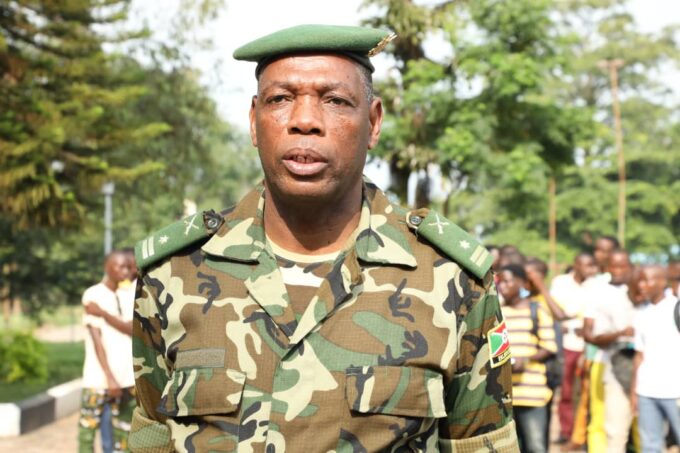
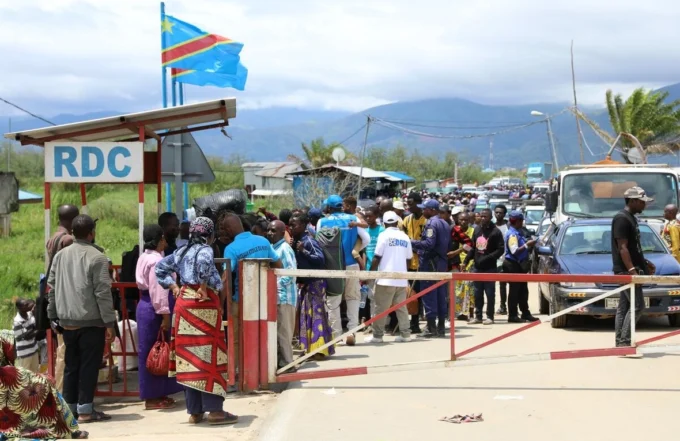
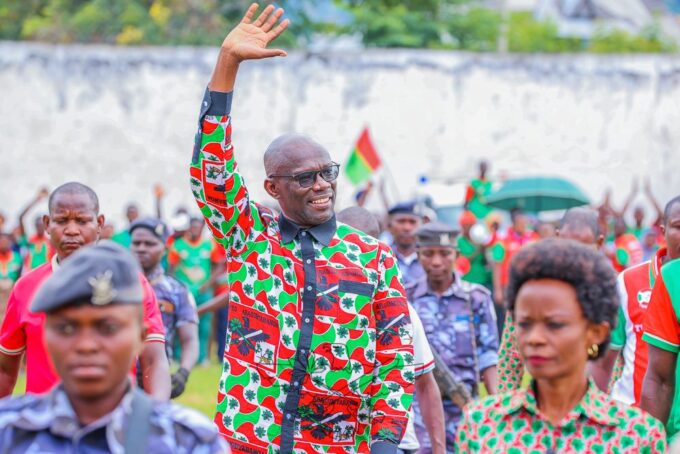
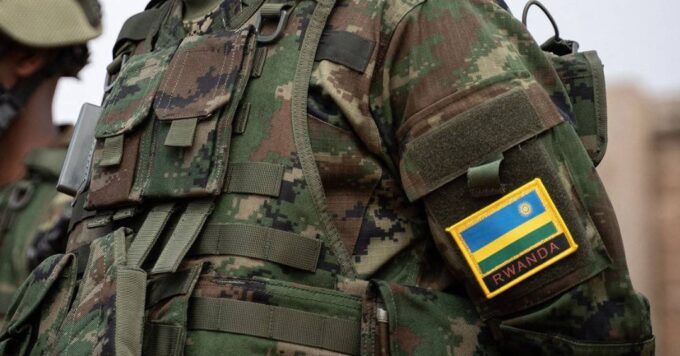
Leave a comment